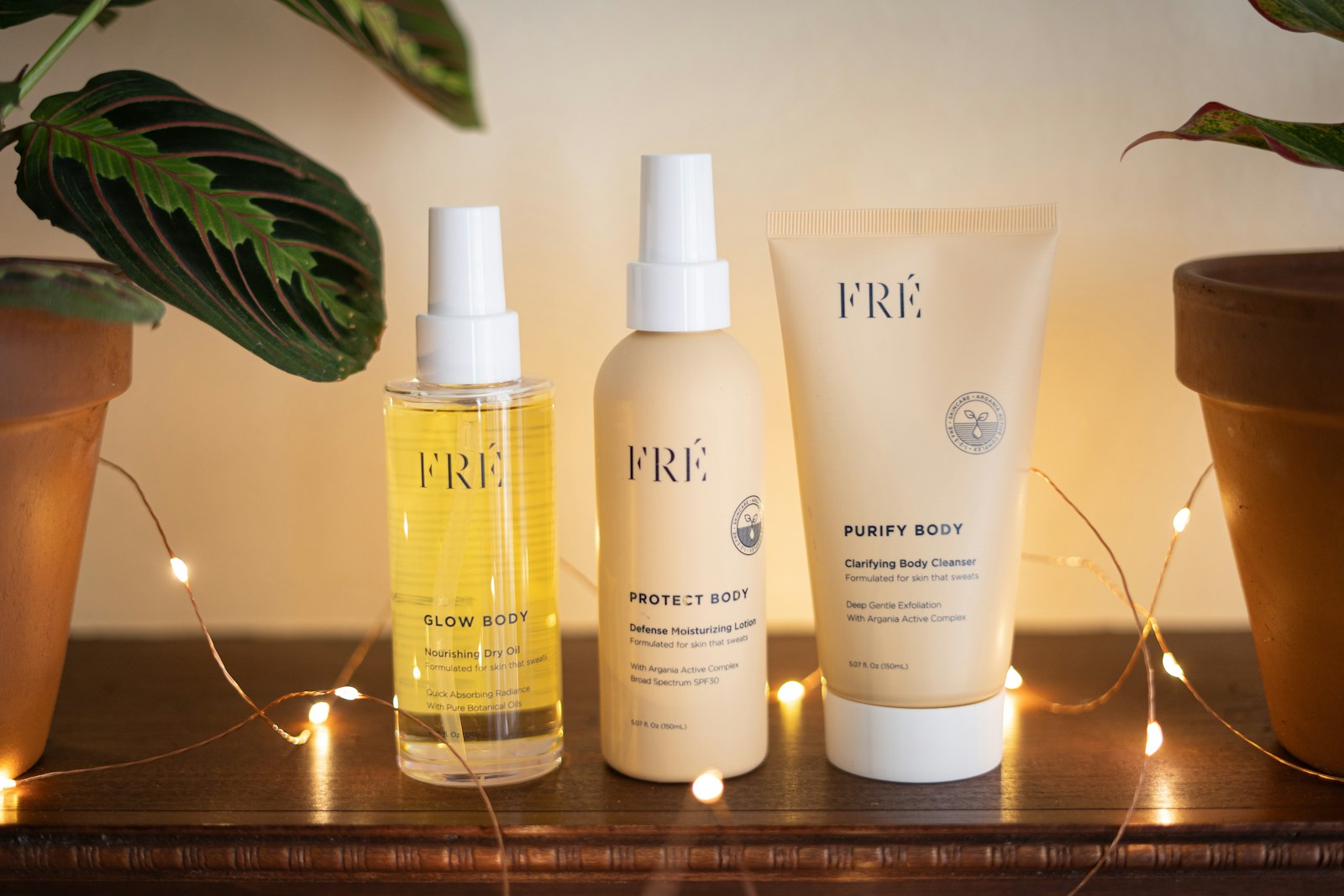

Sun protection is a crucial aspect of skin health. Many of us, however, often overlook its importance. This article aims to emphasize the need for daily sunscreen use, tips for selecting the right product, and the benefits of incorporating this habit into your daily routine.
Table of Contents
- The Vitality of Daily Sunscreen Use
- Choosing the Appropriate Sunscreen
- Advantages of Sunscreen
- Sunscreen and Melanated Skin
- Sunscreen and Vitamin D Deficiency
- Sunscreen Alternatives for Dark Skin
- Makeup Products with SPF
- Additional Skin Protection Methods
- Key Takeaways
- How We Reviewed This Article
- Resources and References
- About Healthline
The Vitality of Daily Sunscreen Use
Many people question the necessity of daily sunscreen application. Is it excessive? The answer is a resounding no. Sunscreen should form an integral part of your daily skincare regimen.
Sun’s ultraviolet (UV) rays are potent, and a mere 15-minute exposure is sufficient to cause skin damage and potential long-term effects, such as skin cancer. In fact, research indicates that even limited exposure, such as through a car window, can increase the risk of skin cancer1. Therefore, the application of sunscreen on sun-exposed areas daily is vital, not excessive.
Choosing the Appropriate Sunscreen
When it comes to choosing a sunscreen, the American Academy of Dermatology (AAD) recommends selecting a product that is broad-spectrum (protects against both UVA and UVB rays), has an SPF of 30 or higher, and is water-resistant2.
There are two primary types of sunscreens: chemical and physical (mineral-based). While the former filters UV light, the latter blocks it. Mineral-based sunscreens, containing ingredients like zinc oxide and titanium dioxide, offer broader UV light protection and are less likely to cause skin irritation.
Advantages of Sunscreen
The advantages of sunscreen extend beyond skin cancer prevention. Regular sunscreen use can significantly delay signs of aging, such as wrinkles, prevent discoloration, protect against blue light, and help fade scars3.
Sunscreen and Melanated Skin
A common myth is that individuals with darker skin tones do not require sunscreen. This notion is harmful and inaccurate. While lighter skin tones are at a higher risk for skin cancer, prolonged UV exposure can lead to skin cancer in all skin types.
Sunscreen and Vitamin D Deficiency
While sun exposure is a natural source of Vitamin D, excessive UV light can cause skin damage. Studies suggest that there isn’t sufficient data to support the claim that sunscreen use leads to Vitamin D deficiency4.
Sunscreen Alternatives for Dark Skin
For those with darker skin, some sunscreens may leave a white cast, which can be off-putting. However, several brands, such as Supergoop and Black Girl Sunscreen, offer products that do not leave this white residue.
Makeup Products with SPF
While some makeup products contain SPF, these typically do not provide sufficient protection. Therefore, they should be considered as an additional layer of protection rather than a replacement for sunscreen.
Additional Skin Protection Methods
While sunscreen is crucial, additional protective measures can further shield your skin from sun damage. These include wearing wide-brimmed hats, long-sleeved clothing, and seeking shade, especially during peak sunlight hours (10 a.m. to 2 p.m.).
Key Takeaways
Sunscreen application is not just for sunny days at the beach. It’s a daily necessity, regardless of the weather or your skin tone. It’s also important to remember that while sunscreen is a critical line of defense, additional protective measures can further safeguard your skin against the harmful effects of the sun.
How We Reviewed This Article
This article was meticulously researched and cross-referenced with several peer-reviewed studies and academic research institutions. Our stringent sourcing guidelines ensure the accuracy and currency of our content.
Resources and References
About Healthline
Healthline Media is a leading provider of health and wellness information. Our mission is to provide expert content that’s engaging, informative, and approachable. We are committed to providing trustworthy information that empowers our readers to make informed decisions about their health and well-being. For more information, visit our website or connect with us on social media.
